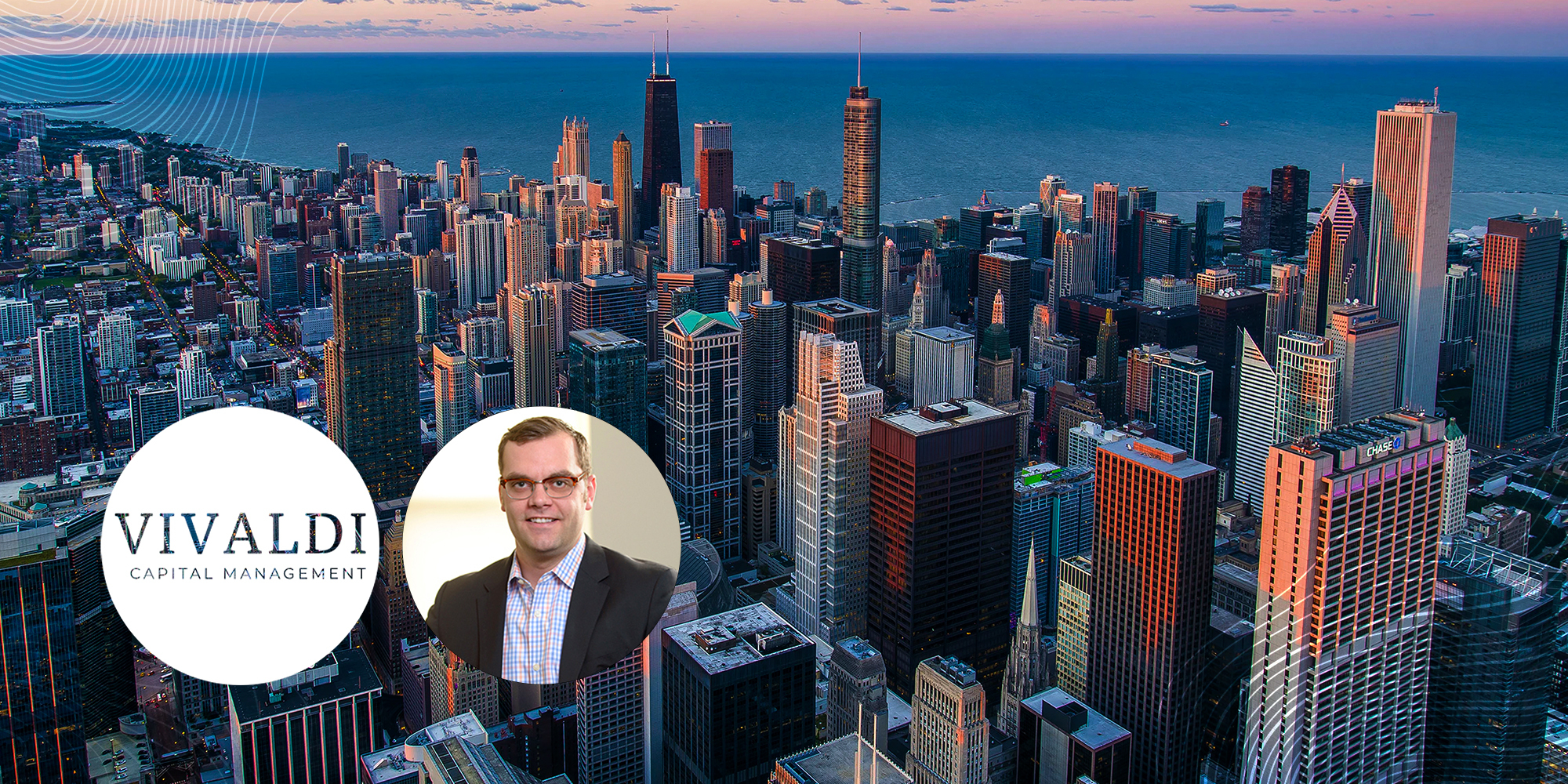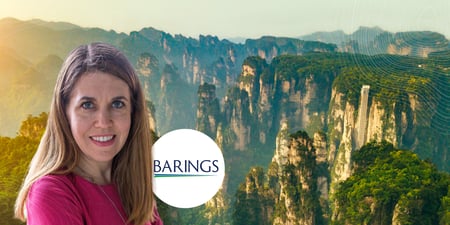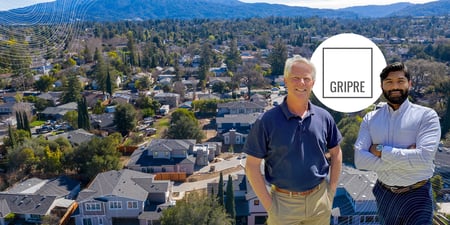
Opportunities for private market investors in 2021 abound – if you know where to look—the importance of understanding background and investment strategy and doing your homework.
Vivaldi Capital’s Brian Murphy is a Portfolio Manager on Vivaldi’s research team, in the firm’s Chicago headquarters. In that role, Brian is responsible for managing all aspects of Vivaldi’s investment research and diligence process. He has particular expertise in evaluating alternative strategies and helps manage the dedicated Vivaldi Investment Research analyst team with respect to their work in that area. He is also a member of Vivaldi’s Investment Committee. He shares his insights with us below.
Q: Tell us a bit about Vivaldi Capital and your role there.
A: Vivaldi is a full-service RIA focused on high-net-worth, ultra-high-net-worth, and foundational clients. While we offer a full wealth management platform, most of our advisors and clients come to us for our expertise in investment selection, specifically within the alternative space. I am a Portfolio Manager with day-to-day responsibilities of managing our broader investment team, which is responsible for all aspects of sourcing, diligence, oversight, and portfolio construction for our investment strategies. That team has exhaustive responsibilities across the full spectrum of investments from traditional equity and fixed income investing out the illiquidity spectrum to our hedge fund, private equity, real estate, and private credit/structured credit work. Today our team works with roughly 50 external investment management firms and approximately 75 underlying funds/strategies across our fund, direct, and co-investing work.
Q: What challenges have you been facing in the pandemic, and what steps have you taken to address these?
A: We were fortunate to have a fully-integrated technology ecosystem in place pre-pandemic that made the sudden transition to a work-from-home setup last March as seamless as could be expected. Outside of having to get more comfortable home office chairs and ramping-up the home Wi-Fi, the firm really didn't feel much friction in that transition. Clearly, our efforts on the new manager sourcing front have their remote-work challenges, particularly for some work we would do in IDD/ODD physical on sites. Our team has still traveled to do some physical on-site inspections/work that we really can't excuse ourselves from, but otherwise we've relied more heavily on telephone and video calls like everyone else. Since the March COIVD-19 remote work, we have approved several new managers, findings ways to meet with those key investment and operational professionals in person but shifting a portion of the work we do in our IDD/ODD reviews to virtual formats. We're proud of the work our team has put in during a somewhat unprecedented challenge and realize that, in most instances, our team's hours at their desk have expanded in this environment.
Q: How do you recommend investors balance the private markets' opportunities with the need to maintain liquidity in the current environment?
A: Our wealth management platform gives us the tools and flexibility to manage a client's portfolio with a holistic view of their entire balance sheet relative to their true liquidity needs. We, as a firm, are steadfast believers in the value of the illiquidity premium as a better way to generate higher returns as opposed to accepting higher risk/leverage, so we do pride ourselves in the work we do in privates. We also believe that we have made a material investment in proprietary technology that allows our firm to manage client portfolio liquidity much more seamlessly than the average boutique-size wealth management firm. Given our expertise in investing in alternatives, we believe we understand how to manage the complexities of capital calls, distributions, and interim liquidity windows of private investments.
Q: Vivaldi have a larger than average exposure to alternatives – what drives that allocation strategy?
A: Many of our clients have an asset allocation that would more closely mirror an endowment of foundation due to their ability to take on illiquidity to maximize risk-adjusted returns with a particular focus on limiting true risk to principal. Much of that preference is driven by the reality that many clients have created their wealth via an event that would be very hard to replicate and thus, are more sensitive to risk-adjusted returns than simply comparing themselves against the performance equity markets each calendar year.
Q: Did you invest with any new relationships in 2020, or was this restricted because of the pandemic? How do you anticipate this playing out in 2021?
A: Counterintuitively, 2020 ended up being our most active new investment pipeline we have had as a firm. That spanned across asset classes and strategies. We also benefited from several "re-ups" in new vintages of existing managers and strategies that we continue to want to align ourselves with. Our team went above-and-beyond in their willingness to travel when absolutely necessary and found ways to continue to keep the wheels of our sourcing and underwriting engine humming in a very challenging year.
As we sit today, it certainly seems that 2021 will be a more "normal" work environment at a point with the current pace of vaccine distribution and natural immunity. The largest wild card for our team is what international travel will look like by year-end as some of our sourcing efforts outside of North America were delayed, at the margin, in 2020.
Q: You must be inundated with opportunities coming from various sources. How do you cut through the noise?
A: Our team's most important function in managing our idea flow is our disciplined and documented process for evaluating opportunities. We try to turn over as many rocks as possible in any given period and apply the same systematic approach to making our quantitative and qualitative assessment of those investments' merits. In addition, our team has spent a great deal of time establishing the internal coda of what a "Vivaldi Investment" looks like. In that sense, we have some very good guardrails of strategies, risk parameters, or structures that we prefer to invest in versus those we don't, and that certainly helps us avoid the pratfalls of purely chasing return streams that come across our inboxes.
Q: What opportunities and threats do you see for private market investors in 2021?
A: While we spend much more time on our bottom-up work as opposed to making macro or sector top-down calls, we do think that the amount of capital being deployed in venture, growth, and larger market LBO-focused private equity is likely to produce tremendous dispersion in investment performance depending on the quality of the operator/manager.
Q: Anything else you think prospective managers should know?
A: Our strongest relationships with managers (both prospective and existing) tend to be more collaborative in nature, where that group takes the time to understand the foundation of our business and client base. Those relationships inherently are more actionable/useful than groups that look to "sell" their strategy without much of an understanding of what Vivaldi may be looking for.
Q: Working from home has become the norm these days. If you could work from "home" anywhere in the world, where would you be?
A: I am lucky that I am a four-block walk from our headquarters here in Chicago so I've been in the office 4 days a week for much of this COVID-19 era. My 15-month old would much prefer me to be working from the home office though, which she gets on Fridays for the moment. If I could do the 3AM wake-up Kauai would be a nice background, but I probably focus better here in the office in Chicago.
To learn more about how TritonLake brings differentiated investment opportunities to our network of sophisticated investors like Vivaldi Capital, contact us at hello@tritonlake.com



